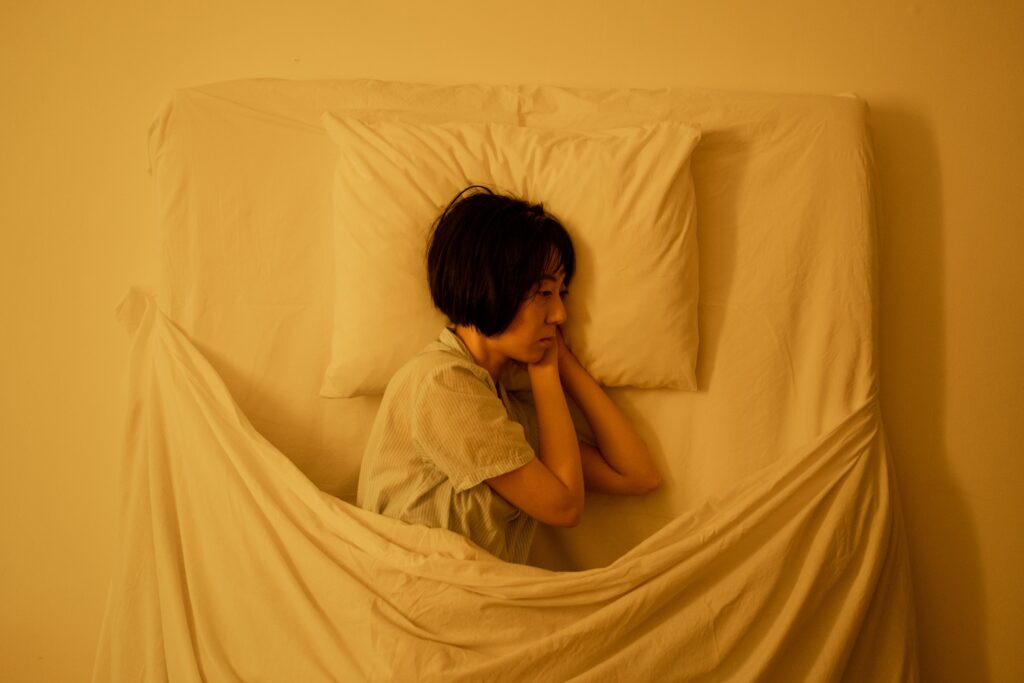●
- October 23, 2023
Cognitive Behavioral Therapy (CBT)
can be an effective treatment for
sleep anxiety. CBT for sleep anxiety
focuses on identifying and
challenging negative thoughts and
beliefs about sleep, as well as
implementing behavioral strategies
to improve sleep hygiene.






